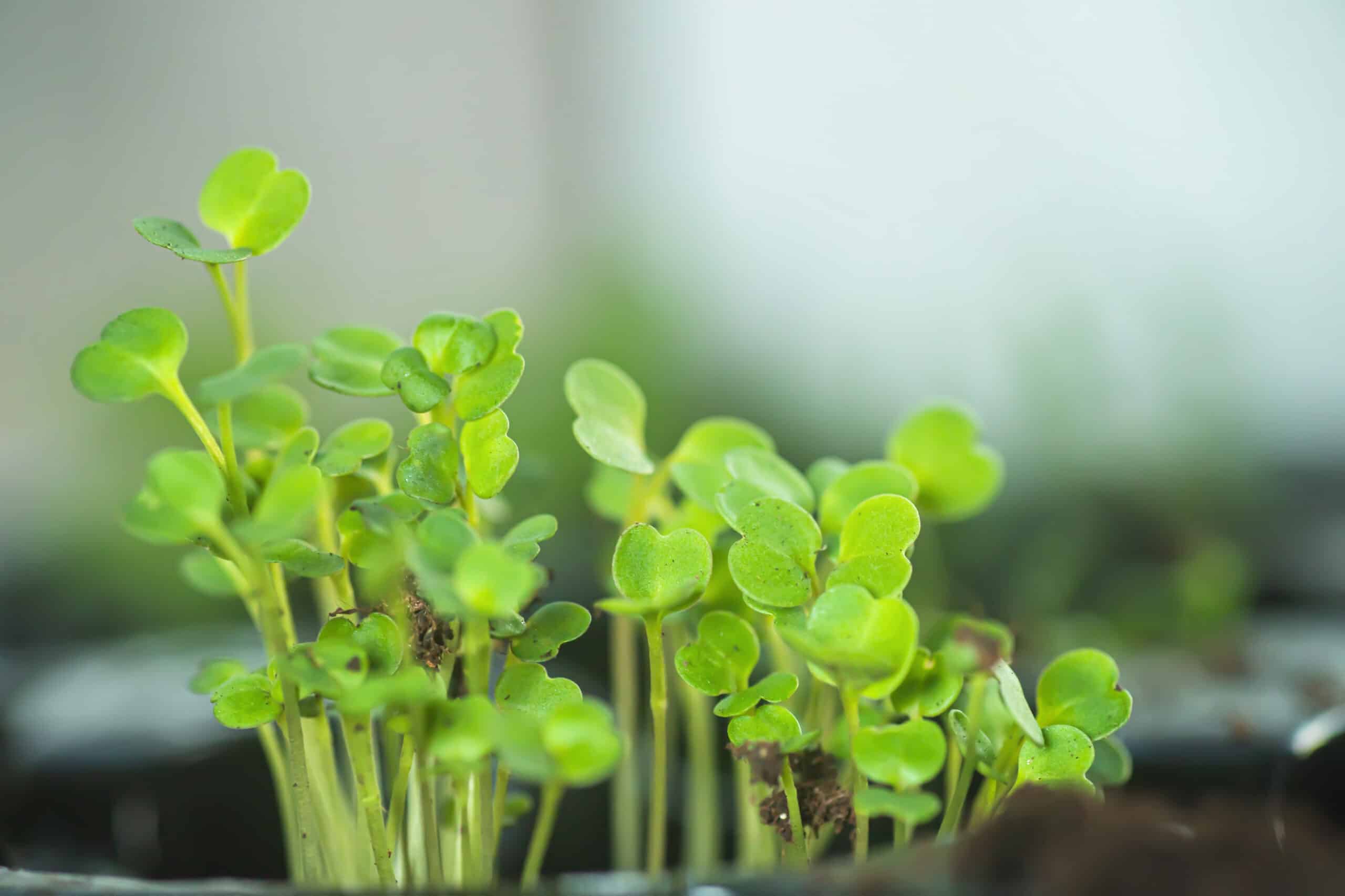What are the Side Effects of Fenugreek Microgreens?
Key Takeaways
- Possible allergic reactions: Fenugreek microgreens can cause allergic reactions, ranging from mild symptoms like itching or rashes to more severe reactions like difficulty breathing or anaphylaxis.
- Potential digestive issues: Consuming large amounts of fenugreek microgreens may lead to digestive discomfort such as bloating, gas, or diarrhea. It is recommended to start with small quantities and gradually increase the amount over time.
- Interaction with medications: Fenugreek microgreens can affect the activity of certain liver enzymes responsible for metabolizing drugs. Consult with a healthcare provider before incorporating fenugreek microgreens into your diet, especially if taking medications for diabetes, blood thinning, or hormone regulation.
Fenugreek microgreens have gained popularity in recent years due to their numerous health benefits. These tiny plants, harvested when they are just a few inches tall, are packed with nutrients and are believed to promote good health. However, while fenugreek microgreens offer several advantages, it is essential to consider their potential side effects as well.
Possible Allergic Reactions
One of the most common side effects of fenugreek microgreens is the possibility of allergic reactions. Some individuals may be allergic to fenugreek or other plants in the same family, such as chickpeas, peanuts, or soybeans. Allergic reactions can range from mild symptoms like itching, rashes, or hives to more severe reactions like difficulty breathing or anaphylaxis, which is a potentially life-threatening condition.
If you have a known allergy to fenugreek or any related plant, it is crucial to avoid consuming fenugreek microgreens or any products containing fenugreek.
Potential Digestive Issues
Another possible side effect of fenugreek microgreens is digestive discomfort. Fenugreek contains dietary fiber, which is known to support healthy digestion. However, consuming large amounts of fenugreek microgreens or using concentrated fenugreek supplements may cause digestive issues such as bloating, gas, or diarrhea.
To avoid digestive problems, it is recommended to start with small quantities of fenugreek microgreens and gradually increase the amount over time. Additionally, drinking plenty of water can help prevent or alleviate any potential digestive discomfort.
Interaction with Medications
Fenugreek microgreens may interact with certain medications, particularly those that are metabolized by the liver. The compounds present in fenugreek microgreens can affect the activity of certain liver enzymes responsible for metabolizing drugs.
If you are taking any medications, especially those for diabetes, blood thinning, or hormone regulation, it is advisable to consult with your healthcare provider before incorporating fenugreek microgreens into your diet.
Pregnancy and Breastfeeding
Although fenugreek microgreens are generally considered safe for consumption, pregnant women and breastfeeding mothers should exercise caution. There is limited research on the effects of fenugreek microgreens during pregnancy and breastfeeding.
It is advisable to consult with a healthcare professional before consuming fenugreek microgreens if you are pregnant or breastfeeding to ensure the safety and suitability for your specific situation.
Conclusion
Fenugreek microgreens offer a range of health benefits, including potential immune-boosting and anti-inflammatory properties. However, it is important to be aware of the possible side effects associated with their consumption.
If you have a known allergy to fenugreek or related plants, it is crucial to avoid fenugreek microgreens. Additionally, excessive consumption or use of concentrated fenugreek supplements may cause digestive discomfort. Individuals taking medications should consult their healthcare provider before incorporating fenugreek microgreens into their diet. Pregnant women and breastfeeding mothers should also exercise caution and seek professional advice.
Related Websites:
FAQs:
Q: What are fenugreek microgreens?
Fenugreek microgreens are young, edible plants that are harvested just after sprouting. They have a delicate and slightly bitter flavor, resembling a mix of celery and maple syrup. These microgreens are packed with vitamins, minerals, and antioxidants, making them a nutritious addition to your diet.
Q: How do I grow fenugreek microgreens at home?
Growing fenugreek microgreens at home is easy. You can start by soaking fenugreek seeds in water for a few hours, then spread them evenly on a tray or a container with a moist paper towel. Keep the seeds in a warm and well-lit area, and water them regularly. In about 7-10 days, you will have fresh and ready-to-harvest fenugreek microgreens.
Q: What are the potential health benefits of fenugreek microgreens?
Fenugreek microgreens offer numerous health benefits. They are a rich source of dietary fiber, vitamins A, C, and K, as well as iron, calcium, and magnesium. These nutrients support immune function, aid digestion, promote healthy skin, and help regulate blood sugar levels. Incorporating fenugreek microgreens into your diet can be a great way to boost your overall well-being.
Q: Are there any potential side effects of consuming fenugreek microgreens?
While fenugreek microgreens are generally safe for consumption, there are a few potential side effects to be aware of. Some individuals may experience allergic reactions, such as itching, swelling, or difficulty breathing. It is important to take precautions if you have known allergies. Additionally, fenugreek microgreens may interact with certain medications, and individuals with digestive issues may experience discomfort. If you have any concerns or specific health conditions, it is best to consult a healthcare professional.
Q: What are common digestive issues associated with fenugreek microgreens and how can they be managed?
Some common digestive issues associated with fenugreek microgreens include bloating, gas, and diarrhea. These can be managed by starting with small amounts of fenugreek microgreens and gradually increasing intake to allow your body to adjust. Chewing the microgreens thoroughly and consuming them with other foods can also help. If digestive issues persist or worsen, it is advisable to consult a healthcare professional.






